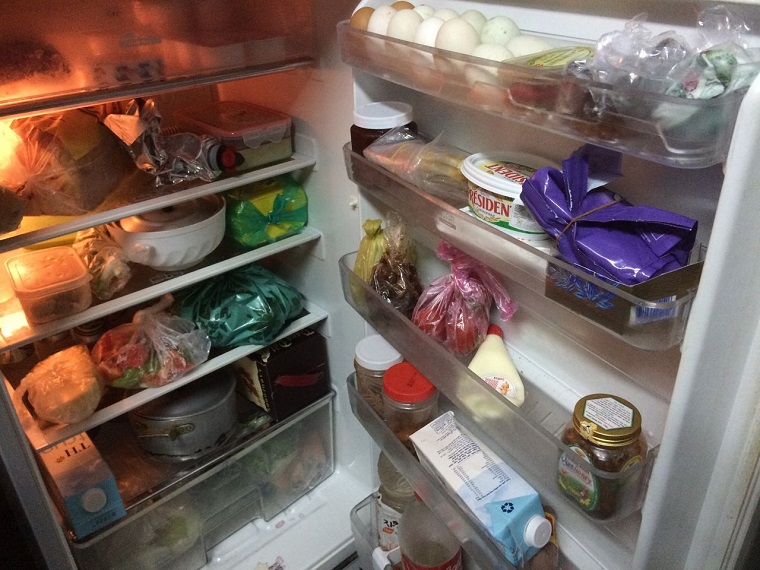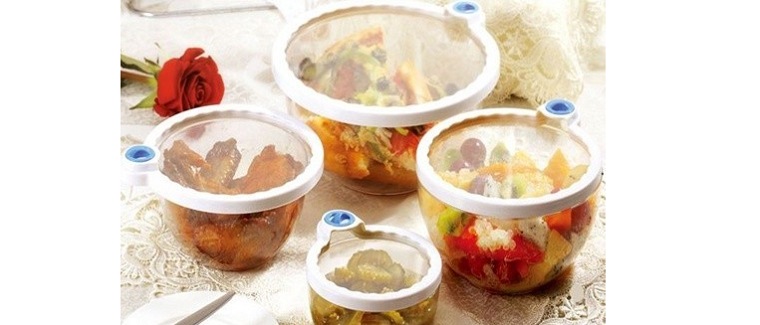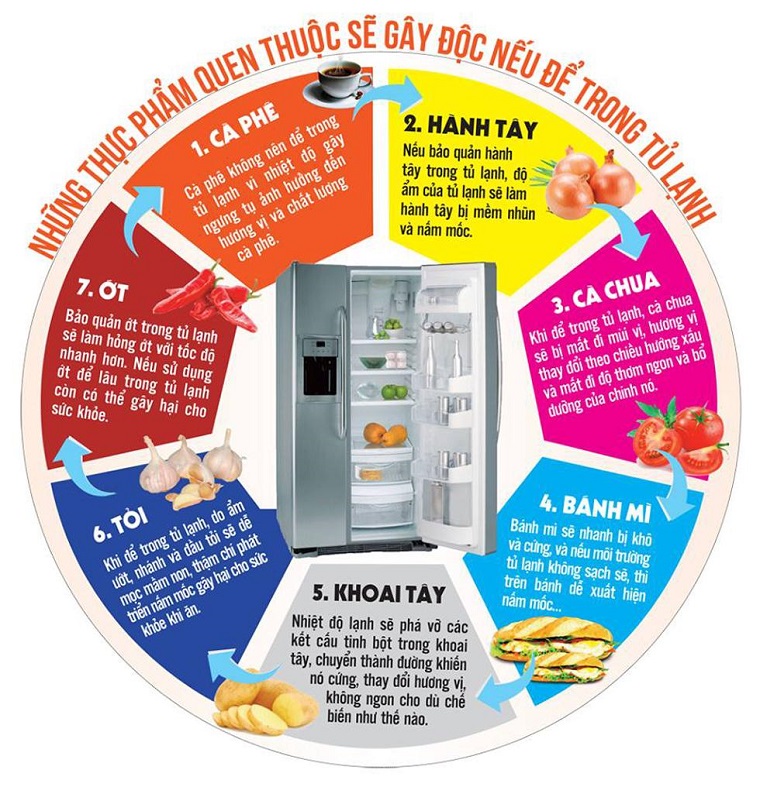Refrigerators have greatly assisted housewives in food preservation, cost-saving, and time management. However, excessive reliance on multipurpose refrigerators can cause harm to individuals.
Leftovers should be properly stored in the refrigerator for reheating purposes on the following day. Most individuals believe that the refrigerator is solely for storing food and assume that cooked food does not survive due to low temperatures. However, few people realize that leaving leftovers in the refrigerator and reheating them can be detrimental to health.

Dr. Lam Van Man, the Head of Research, Development, and Technology Transfer Department at the Institute of Food Safety, highlights why reheating food stored in the refrigerator is not advisable and offers recommendations for storing leftovers in the refrigerator without compromising safety.
Do not reheat leftovers in the refrigerator
Dr. Man cautions against storing leftovers in the refrigerator for subsequent reheating. Leftovers often contain harmful microorganisms that become inactive when refrigerated. Consequently, reheating the food does not kill these bacteria, putting consumers at a high risk of food poisoning.

Furthermore, Dr. Man suggests that when there is excess cooked food, individuals should immediately separate a portion, place it in a container to cool, seal it with a lid, and refrigerate it. The reheating process should only occur when the food is needed, ensuring both food safety and human health.
Reheating leftovers and the risk of cancer
There is widespread information suggesting that reheated leftovers can harbor bacteria and produce nitrite compounds. In high heat, the amount of nitrite dramatically increases, ultimately leading to food poisoning. If accumulated over time, nitrite can even cause liver, kidney, and stomach cancer.
Recent reports mention a mother developing cancer due to consuming leftovers from the refrigerator over several years. However, Dr. Lam Van Man asserts that currently, there is no scientific evidence to substantiate the claim that reheated leftovers pose a cancer risk.
“The scientific community has yet to reach a consensus regarding whether nitrite causes cancer or not. Nitrate, found in food, converts into nitrite through the action of digestive enzymes or microorganisms. However, this conversion can yield either healthy nitric oxide or nitrosamines, which are detrimental to health,” explains Dr. Lam.

Elaborating further, Dr. Man mentions that nitrite is typically used in meat processing to maintain the meat’s appearance. Studies indicate that individuals who consume processed meat frequently have an increased cancer risk, with nitrite being implicated as a central cause. However, vegetables and fruits contain significantly higher levels of nitrate than meat, and vegetables are known to be beneficial to health.
“Nitrite becomes toxic at high temperatures in the presence of amino acids, such as during meat grilling. It transforms into toxic nitrosamines, which are harmful to health,” Dr. Lam explains.
Proper food storage in the refrigerator

The doctor recommends the following guidelines for safe food storage in the refrigerator:
- Cooked food should be refrigerated within 2 hours of preparation. If left outside for more than two hours, it should not be stored in the refrigerator.
- Food stored in the refrigerator should be divided into portions suitable for single use. When taking food out of the refrigerator, it should be processed immediately, without returning it to storage.
- Avoid placing hot food directly into the refrigerator, as it can increase the overall temperature and potentially warm other foods.
- Cooked foods stored in the refrigerator should be consumed within 3 days.
(Source: Khampha.vn)
More Useful Advice for Homemakers (Part 2)
Have you heard of the surprisingly easy tips to make cooking and household chores simpler? White radish eliminates the acrid taste of salted meat, adding alum to raw shrimp helps soften it, and adding cold water when frying eggs can make them crispy – these are just a few of the tricks to make your life easier.




































